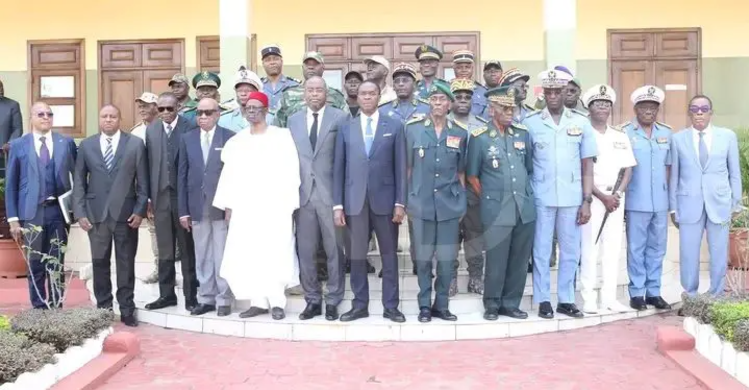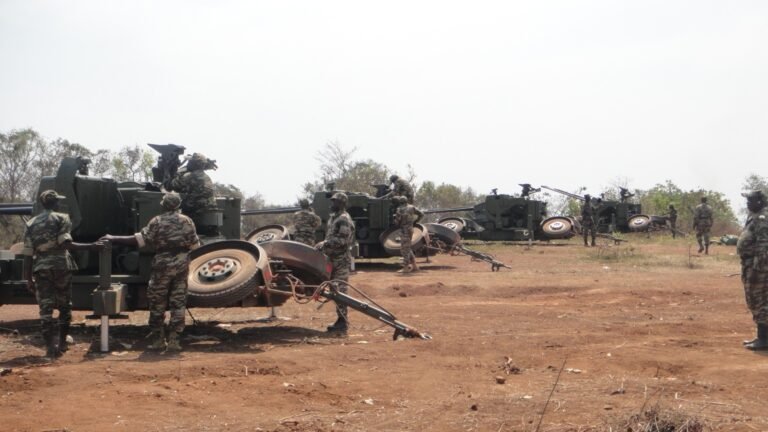Yaounde – The Ministry of Defense in Yaoundé, Cameroon has expressed concerns over the persistence of kidnappings and ghost towns in the Southern Cameroons, acknowledging that these practices continue to wreak havoc on the local and national economy. Despite years of military offensives against separatist fighters in the regions of Ambazonia, these challenges remain entrenched, showcasing the resilience of the independence movement and the ineffectiveness of Cameroon’s heavy-handed approach.
In a statement, the Ministry lamented how ghost towns—weekly shutdowns enforced by Ambazonian groups—have stifled economic activities. The lingering insecurity, from both sides, marked by kidnappings for ransom and attacks on government installations, has further paralyzed trade and development. The economic ripple effects are undeniable, with businesses closing, agricultural productivity plummeting, and major investors steering clear of the country.
However, these realities also serve as a glaring indictment of the government’s strategy. Over the years, Cameroon has poured substantial resources into a military campaign aimed at neutralizing Ambazonian separatist fighters. Thousands of lives have been lost, countless communities displaced, and infrastructure destroyed to quell the independence movement. Yet, the continued existence of ghost towns and other resistance tactics suggests that the government’s reliance on force has failed to extinguish the Ambazonian resolve.

Observers argue that the persistence of these measures is not only a sign of the separatists’ defiance but also an indication of popular support for their cause. For years, Ambazonians have felt assimilated, alienated, and marginalized under the Biya regime. This sentiment fuels the enduring compliance of local populations with ghost towns, and lockdown orders despite the economic hardships they bring.
“The government’s approach of trying to kill its way to peace has failed,” says a political analyst familiar with the conflict. “Instead of addressing the root causes of the conflict, such as systemic marginalization and a lack of self-determination, Yaoundé is doubling down on violence. The result is that separatist strategies like ghost towns are still alive and well, signaling that the problem cannot be solved with bullets.”
The Ambazonian conflict has drawn international criticism, with calls for a negotiated settlement growing louder. Pro-independence advocates argue that lasting peace will only come through addressing the historical grievances of the Ambazonian people and allowing them the right to self-governance.
“The longer the government clings to the illusion that brute force can crush the will of Ambazonia, the more this conflict will fester,” says Chris Anu, an Ambazonian leader. “Cameroon cannot win this war by killing separatist fighters. The answer lies in dialogue and respect for the people’s aspirations.”
The ghost towns and kidnappings are stark reminders that the conflict is far from over. They signal a war of attrition where the resilience of Ambazonians outweighs the might of Cameroon’s military arsenal. Until the government acknowledges the legitimacy of Ambazonia’s grievances and pursues a meaningful path to resolution, the region will remain locked in a cycle of resistance and repression.
This latest acknowledgment by the Ministry of Defense underscores that the conflict is not only a humanitarian disaster but also an economic and political quagmire that Cameroon cannot afford to perpetuate.

